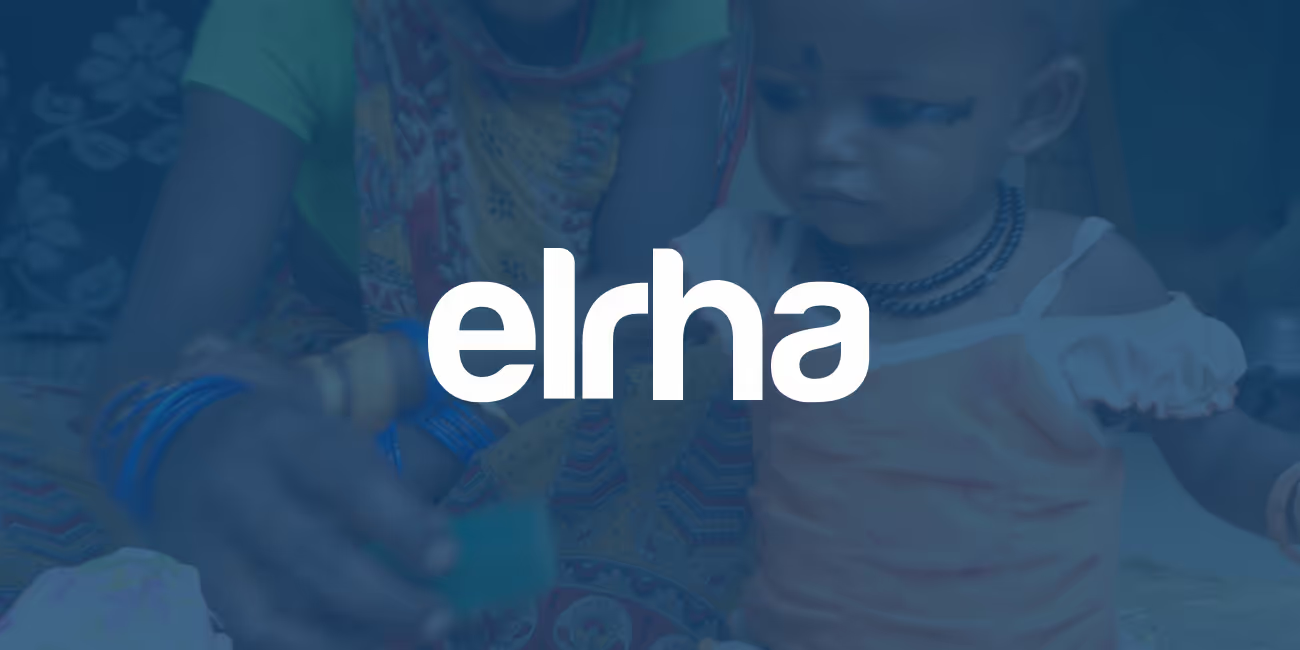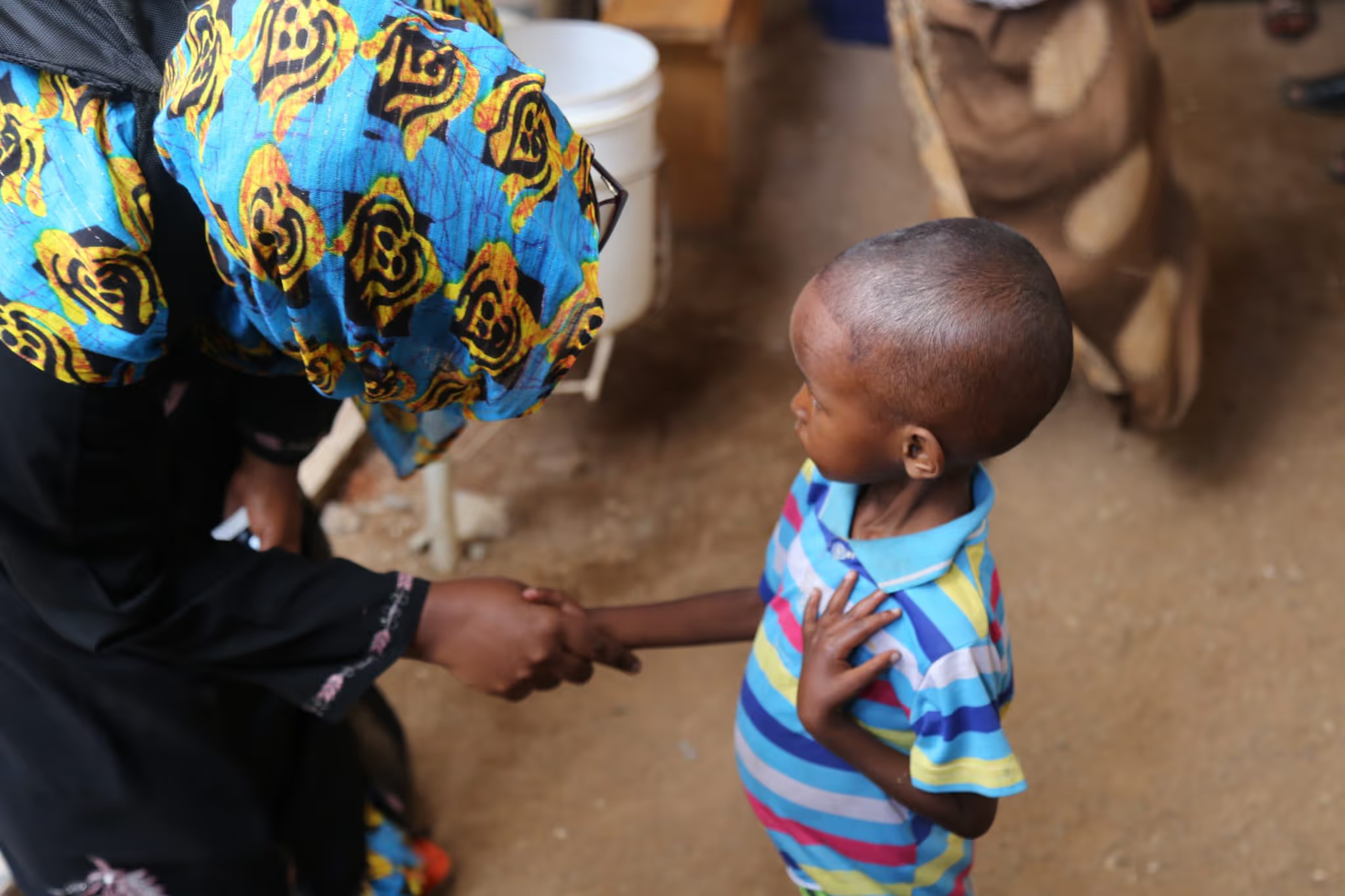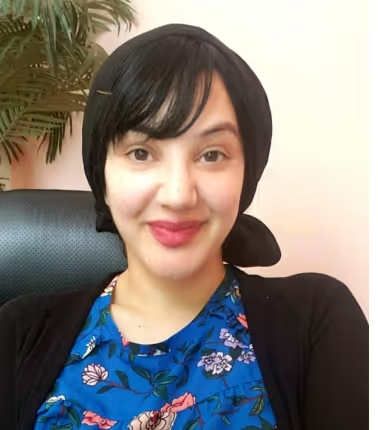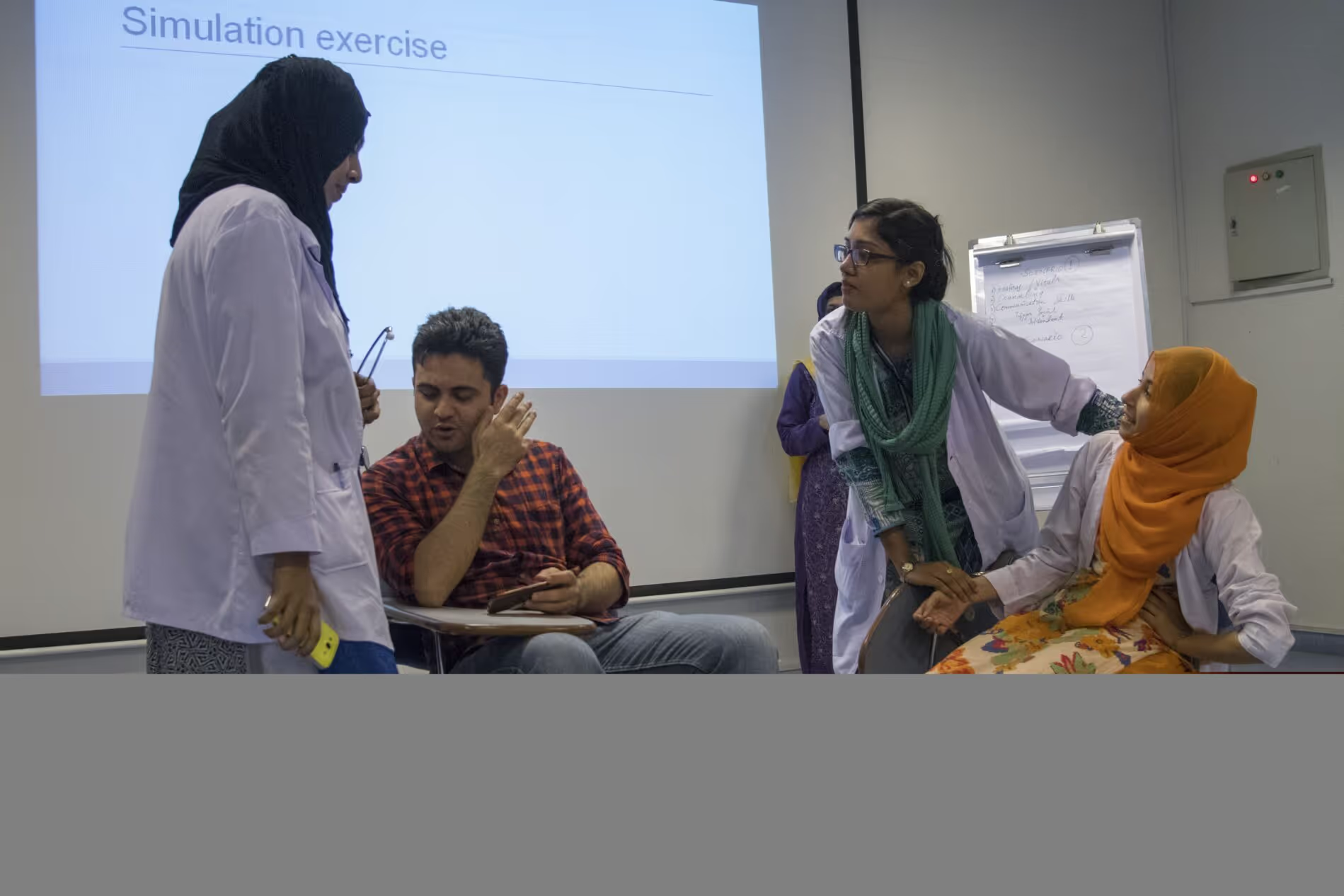Evaluating an integrated approach to intimate partner violence and psychosocial health in refugees

Project overview
This study aims to inform public health responses to humanitarian crises, particularly with regard to intimate partner violence (IPV) and psychological distress.
Project solution
This project offers [specific solution or intervention] to tackle [challenge]. By implementing [strategies, tools, or innovations], the project aims to achieve [desired outcomes]. The approach is designed to [specific actions or methods] to bring about meaningful change in [community, region, or issue area].
Expected outcomes
This project aims to achieve [specific outcomes], such as [measurable results, improvements, or changes]. The expected impact includes [benefits to the target community, advancements in research or innovation, or long-term effects]. By the end of the project, we anticipate [specific changes or milestones] that will contribute to [broader goals or objectives].
Principal Investigator: Wietse A. Tol, Johns Hopkins Bloomberg School of Public Health
Purpose:
This study aimed to inform public health responses to humanitarian crises, particularly with regard to intimate partner violence (IPV) and psychological distress. The research team aimed to develop an intervention manual based on two existing interventions, integrating a focus on mental health with a focus on intimate partner violence. The team aimed to adapt the interventions for women residing in protracted low-resource refugee settings - making it shorter and lower intensity, and training lay protection workers to deliver this intervention to increase feasibility, acceptability, and sustainability.
The research initially sought to test the adapted manual in a Randomised Controlled Trial with up to 400 women who had a history of past-year intimate partner violence and who were experiencing moderate to severe psychological distress, split into intervention and control arms. Tests would be conducted at baseline immediately after the delivery of the intervention programme, and then approximately 3 months after the intervention had been completed. The project sought to increase knowledge on task shifting, and make possible improved operational research to strengthen knowledge and public mental health interventions by making available well-tested tools for screening, monitoring and evaluation.
Outcomes:
The intervention manual was successfully developed following desk review, qualitative interviews, expert consultations, and an initial pilot of the intervention. Given an unforeseen regional refugee crisis and ongoing operational challenges, the research team decided to conduct a more detailed feasibility trial rather than pursuing a fully-powered RCT at this time. This feasibility trial recruited 311 women. In addition, an additional series of 29 qualitative interviews were conducted with key stakeholders (including intervention participants, facilitators, clinical supervisors, research staff, members of the community advisory board and representatives from partner agencies) to evaluate the implementation of the research and intervention procedures.
The study made available a number of research tools and gender-based violence intervention service mapping that could be used by UNHCR in Tanzania to strengthen both interventions and operational research (needs assessment, monitoring and evaluation). The research improved the available knowledge on the relevance, feasibility, safety, and acceptability of implementing an integrated (multi-sectoral) mental health and IPV reduction intervention, implemented by community health and community services workers in routine service provision.
Key findings:
- Significant enthusiasm was found for the intervention amongst intervention facilitators and participants
- Using resources available in a volatile low-resource refugee setting, operational difficulties and multi-sectoral coordination were experienced that challenged the implementation of an intervention across different humanitarian sectors.
- The intervention showed promise in its implementation but requires further adaptation before a rigorous evaluation can assess its effectiveness.
Key outputs:
- Intervention manual designed
- Trial protocol published as peer-reviewed article
- Presentations at three scientific conferences - Sexual Violence Research Initiative, International Society for Traumatic Stress Studies, Global Forum on Bioethics in Research
- International webinar delivered (mhpss.net)
- Two dissemination meetings delivered with stakeholders in Tanzania
- Three further peer-reviewed articles expected
Next steps:
- Further engagement with the Inter-Agency Standing Committee’s Gender-Based Violence Area of Responsibility group in the integrated intervention model
- Work with the Ministry of Health in Lebanon to conduct formative research that may be used to inform the development of an integrated intervention adapted for Syrian refugees in Lebanon.
Project delivery & updates
Stay up to date with the latest developments from this project. Here, you will find details on what has been delivered, resources created, and regular updates as the project progresses. Access key documents, reports, and other materials to see how the project is making an impact.







